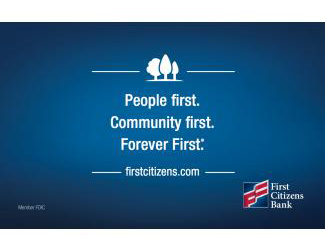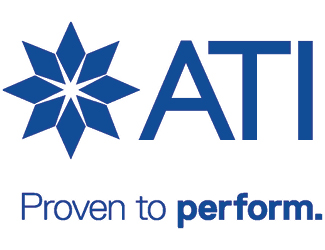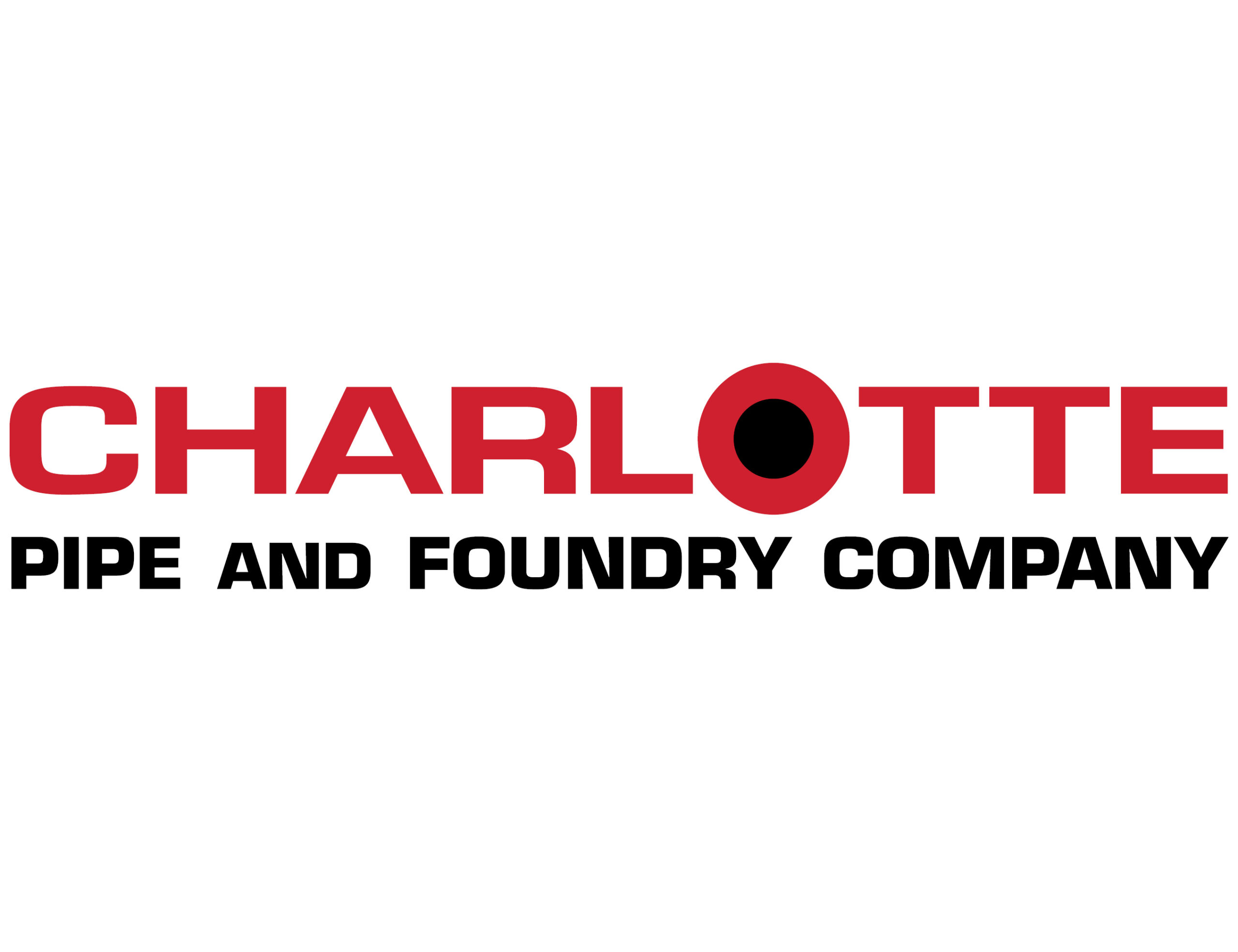
What’s motivating your employees? It turns out that workers want a lot more than a paycheck and job flexibility. In fact, some of what they want is rooted in personality and workplace psychology.
Workplace personalities can be broken down into four distinct types of workers. Understanding the different types of workers and what motivates them can lead to greater job satisfaction and a better fit between employer and employee.
4 Types of Workplace Personalities
Go-Getters
Go-getters make up the smallest group of workers, but they are also the most likely to be satisfied with their jobs. This group is motivated by challenge and opportunity; they want to continuously improve their skills and grow within their companies. For employers, this means providing go-getters with opportunities to take on challenges and learn new skills.
Many go-getters are also what Psychology Today contributor Melody Wilding, a professor of Human Behavior, refers to as a “sensitive striver.” While this type gives 100% to their job, they also process information and emotions on a deep level. This combination is part of what makes them top talent, but it can also lead to burnout. Managers attuned to the stress of high achievers can help them translate their effort into success rather than self-sabotage.
Loyalists
Loyalists are devoted to their employers and place a high value on stability. They are motivated by predictability and routine and prefer to stick with what they know. In the present economy, employers would be unwise to rely too much on loyalists to stick around if the work environment is poor or pay is not competitive. Still, understanding what motivates loyalists can help companies serve this personality type better.
Employers can improve worker satisfaction for this group when they focus on stability and predictability in their jobs. Additionally, loyalists are often looking for opportunities to move up within their companies, so employers should provide clear paths for advancement.

Career Builders
Career builders are similar to go-getters in that they are motivated by challenge and opportunity. However, unlike go-getters who are looking to grow within their current companies, career builders are always on the lookout for new opportunities—even if that means changing jobs.
For employers, this means offering career builders challenging work assignments as well as opportunities for growth within the company. According to Forbes’ contributor and workplace consultant Heidi Lynn Kurter, the Great Resignation could have been avoided by tending to the needs of career builders.
What motivates them? Here’s what Kurter says tops the list: compensation and pay transparency, job flexibility, a positive work culture, and inclusive policies ranging from dealing with loss to infertility.
Lifers
Lifers make up the largest group of workers and are defined by their loyalty to their companies. Like loyalists, lifers place a high value on stability and predictability. However, unlike loyalists who are interested in moving up within their companies, lifers are content with remaining in their current positions for the long haul.
For employers, this means offering lifers stable, long-term positions. Staying with a company for your whole career isn’t as common as it once was, and employers shouldn’t take this type for granted. It’s important that employers recognize that lifers also have external opportunities and are choosing to stay with the company at many different points along the course of their career. Make sure lifers feel connected to the company mission and provide them with opportunities to build meaningful relationships with coworkers and superiors.
No Such Thing as an Average Employee
Above all else, it’s important to remember that not every person is wired the same. Understanding what motivates employees benefits everyone. It helps workers find meaning in what they do, and it helps employers invest wisely in hiring and retaining employees who can contribute to a strong company culture.
.
Last modified: February 2, 2024



















